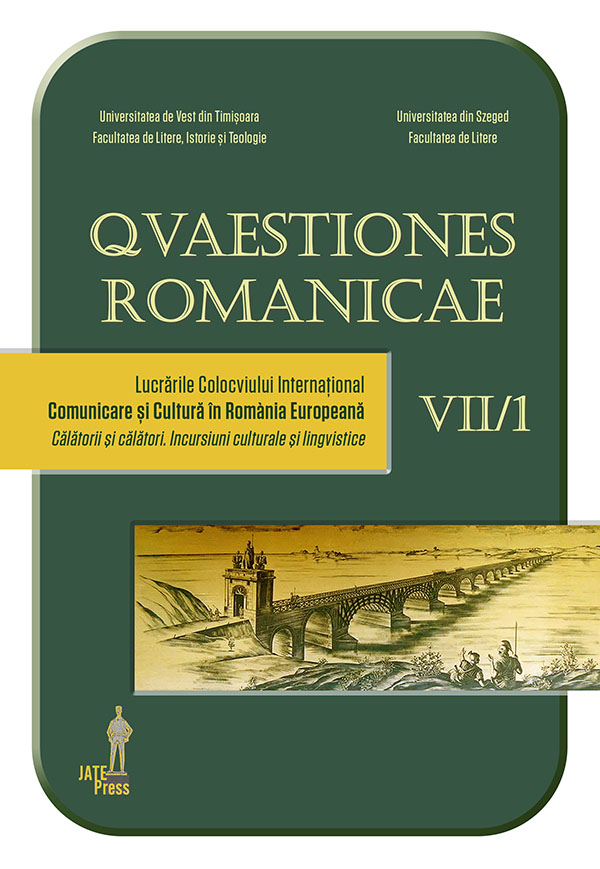Aspecte ale comunismului în Banat în anul 1946
Abstract: (Aspects of Communism in Banat in 1946) 1946 began in Romania and consequently also in the Banat counties with the communists trying to increase the number of members organized in so-called party cells. But their number remained insignificant compared to that of the members of the historical parties that held the main share of the south-west of Romania. This, with the entire presence of the Soviet army in this part of the country, the army that supported various methods of P.C.R. The Communists had no good cooperation relations with the so-called Democratic Party, the other working-class political organization that benefited from a tradition in the Romanian democracy, these being present at certain times with members of the parliament of the country. The P.C.R. succeeded in dividing this party from March 1946 into two wings: a pro-communist one and the other the traditional, democratic one. This phenomenon also occurred in Banat, where traditional social democrats owned the town hall of Timisoara. The Banat City Hall raised against this situation and the robbery of the Soviet troops through various strikes, manifestations held both in the city and in the state in all three Banat counties. The year 1946 was important both for the Banat and for the whole country and for the preparation and unfolding and falsification by the communists of the 19 November 1946 parliamentary elections, won by P.C.R. and its allies. So, this year was yet another important stage in the struggle of the P.C.R. for the communion of the country and, consequently, of the Banat counties.
Keywords: communism, Banat, political parties, considerations, Romania.
Rezumat: Anul 1946, a însemnat pentru societatea românească, un an decisiv atât sub aspectul politicii externe, cât și sub aspectul vieții politice interne. Războiul care secătuise țara din toate punctele de vedere se încheiase, dar situația era pe departe de a fi stabilă. Țara era sfâșiată de lupte politice acerbe atât între comuniști și partidele politice interne, cât și între comuniști și o parte a Partidului Social Democrat. La toate se adăuga situația politică incertă a României pe plan extern. Moscova era interesată doar de aservirea României, nu și de obținerea unor rezultate favorabile țării noastre, în urma tratatului de pace ce urma să fie încheiat. După încheierea războiului, Moscova a devenit tot mai agresivă în relațiile cu celelalte puteri învingătoare, proclamând pe față ideea revoluției comuniste și a instaurării dictaturii proletariatului în lume.
Cuvinte-cheie: Comunism, Banat, 1946, epurări, alegeri.
